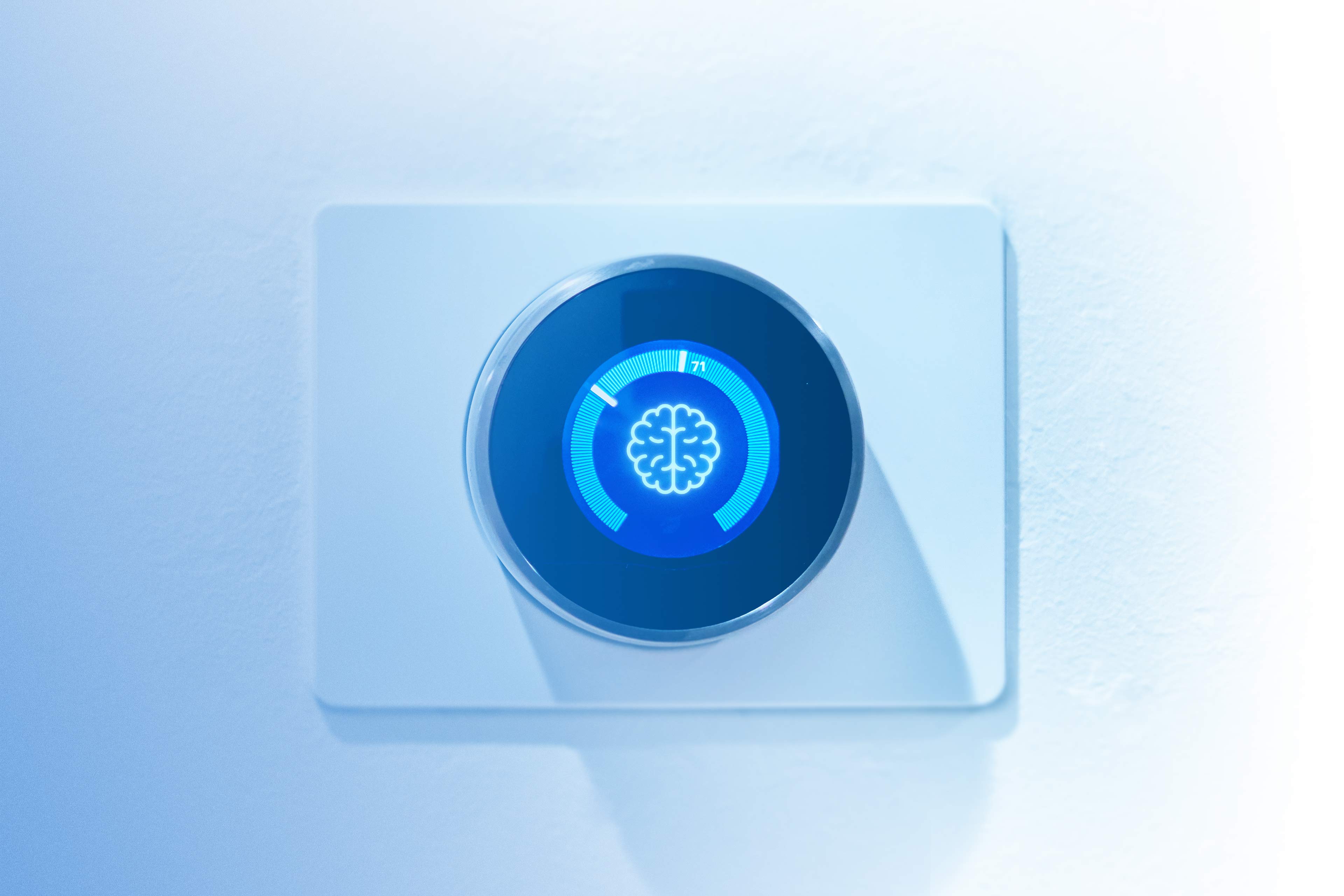The Rise of the Smart Home.
For a long time, the primary difference between new and old homes was an aesthetic appeal. While the materials used in the construction would remain the same, the layout and features would change according to trends. From the space of the room to the prominence of core rooms such as the bathroom and kitchen, each home builder would tailor the construction to suit the overall cost of the finished property.
When it came to homeowners' insurance, these changing layouts and designs would not alter the level of coverage too drastically. However, in recent years there has been a significant change in not only how builders are constructing properties but how insurers are covering homeowners. Smart homes are becoming increasingly more common across the world, with 2019 seeing 69% of homes across America utilizing some form of intelligent technology.
What is a smart home?
Traditionally, a conventional home would feature heating and cooling systems, plumbing, and necessary electrical systems to power the home. These features would then be controlled by both manual and electrical components.
A smart home utilizes advancements in technology to give homeowners a far higher level of integration. Smart devices connect to the internet and allow homeowners to control, monitor, and access various components around the home. From turning on the heating remotely to accessing your security systems, they can all now be controlled from a few clicks of your smartphone.
As technology and connectivity continue to advance, homeowners are going to be able to enjoy even more benefits from smart technology. Whether that is being able to monitor energy consumption to reduce bills or implanting safety features to allow owners to keep an eye on their property while on vacation, there are many benefits to implementing smart technology.
How this is changing insurance policies.
There can be no denying the advancements of smart technology is giving homeowners a number of significant benefits. This increase in connectivity is allowing them to enjoy remote control over key areas of their home, such as:
- Security systems
- Garage doors
- Lighting
- Thermostats
- Home entertainment systems
- Smart appliances
While once the reserve of new build homes, advancements have meant that even the oldest of properties can now be retrofitted to feature some form of smart functionality. These advancements have meant that insurance companies have had to adapt their products to meet the changing risks that smart homes pose.
Having a greater level of integration will change how even the most basic of homeowner insurance policies will respond to a loss, particularly those that involve structural damage or power interruption, which leads to a greater direct or indirect loss. Before the introduction of smart homes, power interruption would be a minimal loss, with typical claims being of lost food or fried personal electronic devices. However, nowadays, it can lead large losses as not only can more items be destroyed, but it can also lead to the property becoming temporarily unlivable.
Of course, smart technology does not only pose a greater risk of loss from power interruption. As we become a more digital society, cybersecurity is posing a significant threat, and as we introduce smart technology into our homes, this is changing homeowner coverage. While traditional policies will cover theft from physical break-ins, many do not have the provisions to cover loss from hacking or remote disablement of security systems. This means that insurance providers are having to introduce new requirements and policyholder responsibilities, such as an obligation to keep all devices updated.
However, while smart homes are posing greater risks for insurance providers, they can also provide a number of benefits. The data gathered from these devices can deliver valuable information in helping to mitigate loss and claims, as well as facilitating a more efficient claims-handling procedure for customers. This means that while there may be higher costs involved with handling smart home loss, they may be accompanied by discounts for a home that is less vulnerable to theft or fire loss.
As smart homes become more common, insurers are having to adapt their policies accordingly and develop new products for consumers. However, this is not commonplace amongst all home insurance providers, so if your property features smart technology, make sure you discuss with your insurer to check your policy covers your home.
Want to find out how we can help you? Get in touch with our friendly team today!
Resources
We can help with any of your insurance needs, providing personal, commercial, life, and health insurance policies and advice.
Get a QuoteGet in Touch
Contact Us
Phone: (714) 526-5588
Fax: (714) 526-4487
Email: info@williamsinsurance.com
Our Location
609 N. Harbor Blvd.
Fullerton, CA 92832
